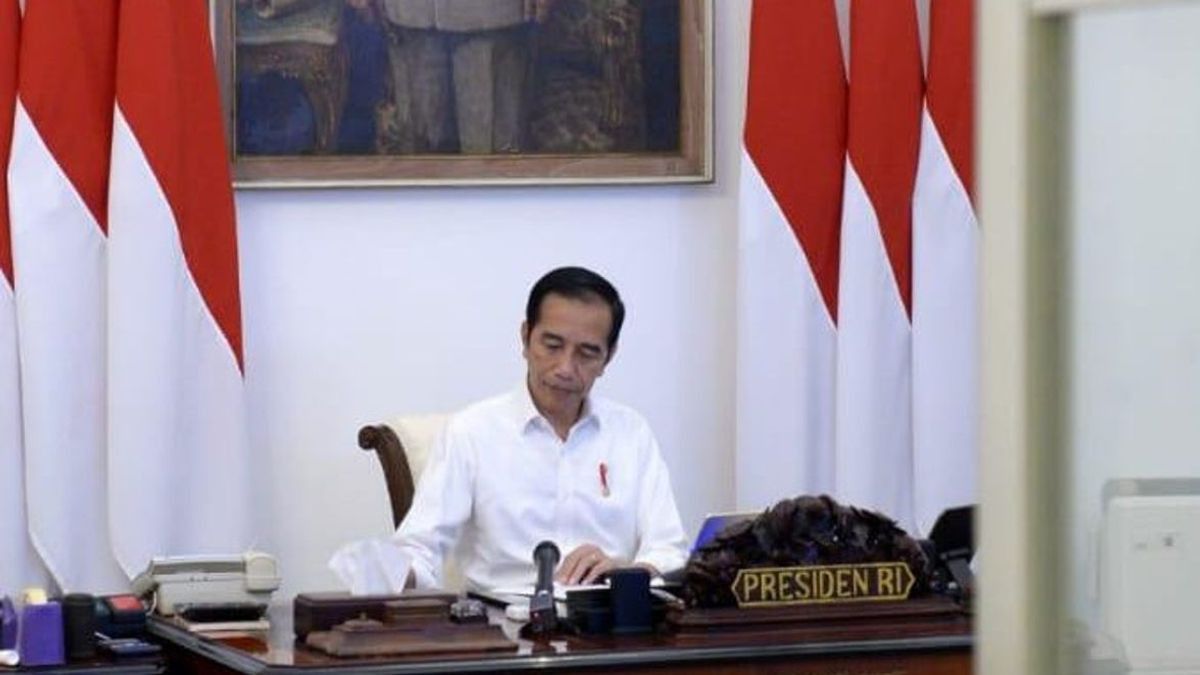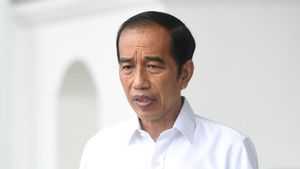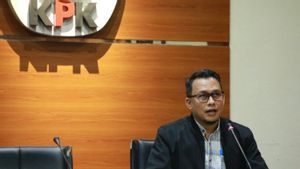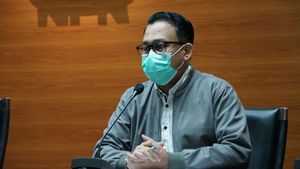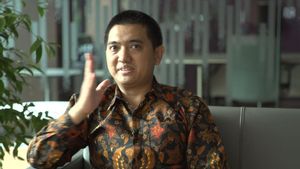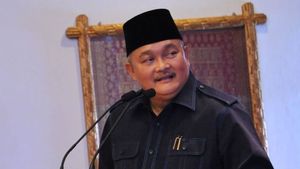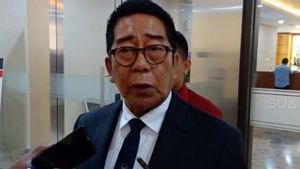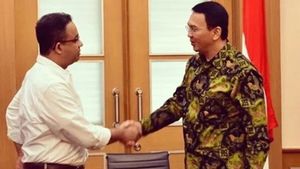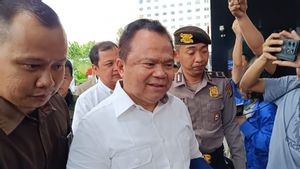JAKARTA - Indonesia Corruption Watch (ICW) urges President Joko Widodo (Jokowi) to immediately meet with the Indonesian Ombudsman and Komnas HAM (National Human Rights Commission) to discuss their findings regarding the National Insight Test Assessment (TWK) for employees of the Corruption Eradication Commission (KPK).
This pressure arose after the KPK decided to fire 57 of its employees, including Novel Baswedan because he did not pass the test as a condition for the transfer of employment status according to the mandate of the KPK Law Number 19 of 2019.
According to ICW researcher Kurnia Ramadhana, the meeting between President Jokowi and the Indonesian Ombudsman and Komnas HAM was deemed necessary, especially since the KPK leadership has misinterpreted the decisions of the Supreme Court and the Constitutional Court (MK).
In addition, Firli Bahuri et al were also judged to have deliberately failed to consider the findings of the two institutions which stated that maladministration and rights violations had occurred.
"For this reason, the President should immediately schedule a meeting with the Ombudsman and Komnas HAM before taking a position regarding the National Insight Test of the KPK. Otherwise, ICW is worried that other groups will sneak in and provide wrong information", Kurnia said in a written statement to VOI, Thursday, September 16.
However, if President Jokowi does not want to meet with the two institutions because he considers what is happening at the KPK to be merely an administrative matter, ICW has several conclusions. First, it indicates that the former Governor of DKI Jakarta is inconsistent with his statement.
SEE ALSO:
"Because, in mid-May, the President specifically said that the TWK would not necessarily be used as a basis for dismissing employees", Kurnia said.
Next, ICW suspected that the President did not understand the main problem behind the test. According to Kurnia, Jokowi should have paid close attention to the dozens of employees who were fired or forcibly dismissed on the pretext of not passing the TWK.
"In fact, behind TWK there are tactics carried out by several parties to get rid of employees of integrity at the KPK", he said.
Third, if Jokowi does not take a stand, then he is considered not to have contributed anything to the agenda for strengthening the KPK. Moreover, the former Mayor of Solo approved the revision of the KPK Law and has chosen a problematic candidate for leadership and is now leading the institution.
In fact, continued Kurnia, Jokowi should have the authority to prevent this from happening and this can be done now.
"Based on the regulations, the president can save the KPK by taking over the authority of the bureaucracy at the anti-corruption agency", he said.
And lastly, Kurnia considers President Jokowi to be neglectful in the issue of eradicating corruption if he does not act. In fact, the issue of law enforcement, especially that carried out by the KPK, is actually the main indicator of the community in assessing the state's commitment to eradicating corruption.
"Therefore, when the President chooses not to take a stand regarding the KPK, the public will again give the President a red report card because he always ignores the issue of eradicating corruption", he said.
"Don't forget, Indonesia's Corruption Perception Index has fallen in 2020. This proves the President's mistake in determining the direction of eradicating corruption", concluded Kurnia.
The English, Chinese, Japanese, Arabic, and French versions are automatically generated by the AI. So there may still be inaccuracies in translating, please always see Indonesian as our main language. (system supported by DigitalSiber.id)
